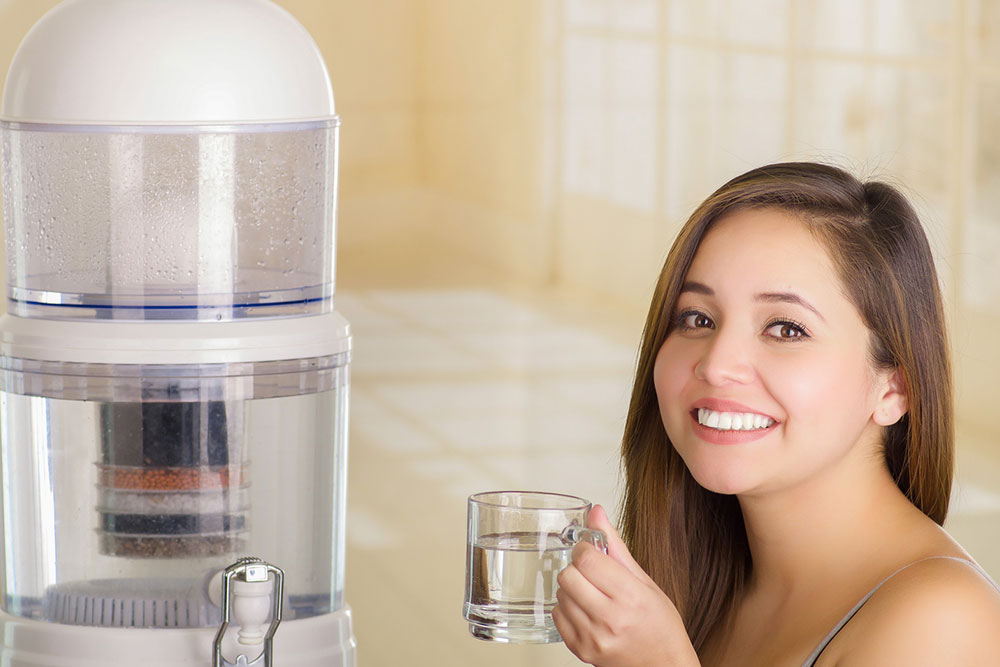5 tips for choosing the best home water purifier

A water purifier helps keeps drinking water free from contaminants and odor. So, choosing the right purifier is a crucial decision for proper health and sanitation at home. The choice of a purifier can vary based on one’s budget, specific requirements, and regional water quality. As there are many types of water purifiers at varying price points today, choosing the right one may involve some research. Here are a few tips to get started:
1. Check water quality
One of the first steps in choosing a purifier is getting the tap water tested. Based on the results, one can learn about the contaminants present in the running water. Then, one can choose a purifier that specifically gets rid of those contaminants, which can be bacteria, viruses, lead, and arsenic, among others.
2. Look for certification
One way to check whether a purifier is good enough is to look for NSF (National Sanitation Foundation) certification. NSF develops public health standards for specific products. Its certification mark indicates that the water filter or purifier has been tested for safety.
3. Explore various types
Depending on the water quality in the area, one can choose from a reverse osmosis purifier or UV sterilization purifier. Based on the placement and water connection, one can choose from pitchers, dispensers, or natural filters, refrigerator-mounted options, faucet direct connection purifiers, under-sink purifiers (pipe connection or a separate faucet), and direct water or water tank purifiers.
4. Consider maintenance and customer care
One can look up a purifier’s maintenance requirements, like how often the filter should be changed and how many times servicing is needed. One can go for options that are easier to maintain. One should also check reviews to see if the manufacturer offers quick customer support, as this ensures one gets immediate assistance whenever required.
5. Verify authenticity
One should ensure they buy genuine purifiers sold by a reputed brand. Counterfeit options will not be able to purify the water and may contaminate it further. Here is how one can spot counterfeit water purifiers:
– Fake purifiers are likely to be much cheaper than the original product
– Because of the use of subpar components, counterfeit options would be lighter than quality purifiers
– Counterfeit purifiers will not have an NSF certification
– The packaging of a counterfeit product could be glossy to make it look like a quality product.